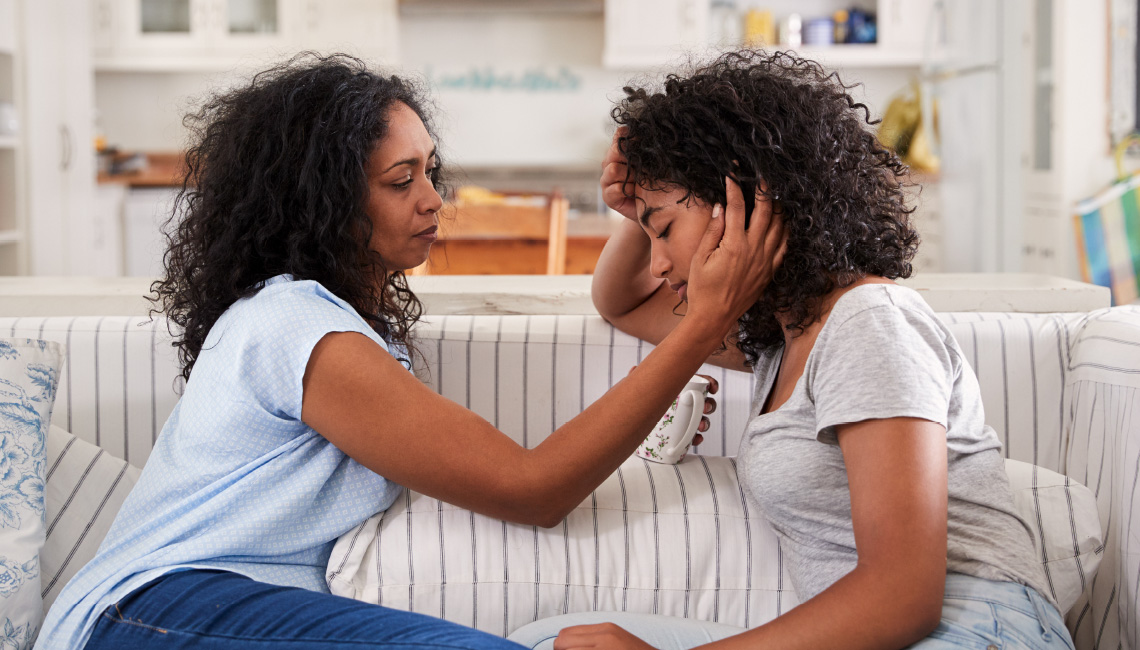Seventy-five percent of bullied kids and teens have not told their parents. In fact, they haven’t told anyone. Most parents think they’ll know when and if their child becomes a victim of bullying. But the truth is, most don’t.
Other parents feel their child is not at risk. The child has a good group of friends and bullying has never been an issue. But bullying can affect anyone. Certain risk factors may increase someone’s chance of being bullied, but it can also happen to those who are considered popular, smart, athletic, and pretty. Bullying does not discriminate.
According to study results published by Stopbullying.gov, “About 49% of children in grades 4–12 reported being bullied by other students at school at least once during the past month, whereas 30.8% reported bullying others during that time.” More kids experience bullying than most parents realize. The numbers reported in most studies, including the one referenced above, are likely to be lower than actuality since bullying is often not reported.
Victims of bullying who suffer in silence often do not get the help they may need to address, heal, and move forward. Depending on the individual and the severity of the bullying, if left unresolved, bullying can have serious consequences. Bullying can aggravate depression and increase suicide risk, cause anxiety and other mental health issues, lower self-esteem, and bring in other matters, which can carry on through adulthood.
It’s not uncommon to hear people say that bullying can be stopped by punching, hitting, or bullying back. I discourage this since “fighting back” can often escalate the issue. It teaches kids to become the bigger bully rather than putting an end to the bullying. Also, when kids fight back, they can be the ones that end up getting in trouble.
The ways parents can help:
Many of today’s popular teen drama shows touch on bullying and other issues that today’s teens face. Shows such as Netflix’s 13 Reasons Why and HBO’s Euphoria cover topics like bullying, suicide, drugs, and more. I truly appreciate how they attempt to demonstrate how teenagers may feel and the issues they face. I recommend watching one of these shows with your teen if she has expressed an interest in any of them. These shows can provide parents with an excellent opportunity to have discussions on bullying and other topics.
Also, since kids and teens often don’t tell their parents that they’re experiencing bullying, parents should be aware of a pattern of signs that may indicate bullying:
- A strong dislike for school
- A change in friends or social behavior
- Repeated physical injuries
- A change in eating and/or sleeping
- Isolating in their room and talking less
A framework called The Three E’s (Empathy, Empowerment, and Engagement) can be very beneficial in helping parents connect with their kids, address bullying, and resolve other issues.
Final Thoughts:
Even though the stats for bullying may seem alarming, parents should know that there is still hope. With more awareness and a growing amount of resources, parents can help prevent and address bullying with their kids.
The Empowered Child: How to Help Your Child Cope, Communicate, and Conquer Bullying book provides more information on using empathy, empowerment, and engagement to help address bullying and other issues.
For children who have been bullied, The Empowerment Space program provides a safe space with support, guidance and education to empower bullying victims to heal, address conflict and move forward.
About the Author:
Danielle Matthew is a Licensed Marriage and Family Therapist who helps adolescents, adults, couples, and families who are in pain due to issues such as anxiety, severe stress, low self-esteem, or depression. With over 20 years of experience, Danielle authored Amazon Parenting Best-Seller, The Empowered Child: How to Help Your Child Cope, Communicate, and Conquer Bullying, and is the Director of The Empowerment Space Bullying Therapy Program in Los Angeles. Featured in Huffington Post and TODAY.com, Danielle has appeared on Fox, ABC and CBS Morning Shows and Mom Talk Radio, and is the expert contributor to Washington Post’s article: ‘Kids love to ‘roast’ each other. But when does good-natured teasing become bullying?’



![Danielle-TN-NM-LOGO[27]](https://empowerment.space/wp-content/uploads/2022/05/Danielle-TN-NM-LOGO27-150x150.png)
